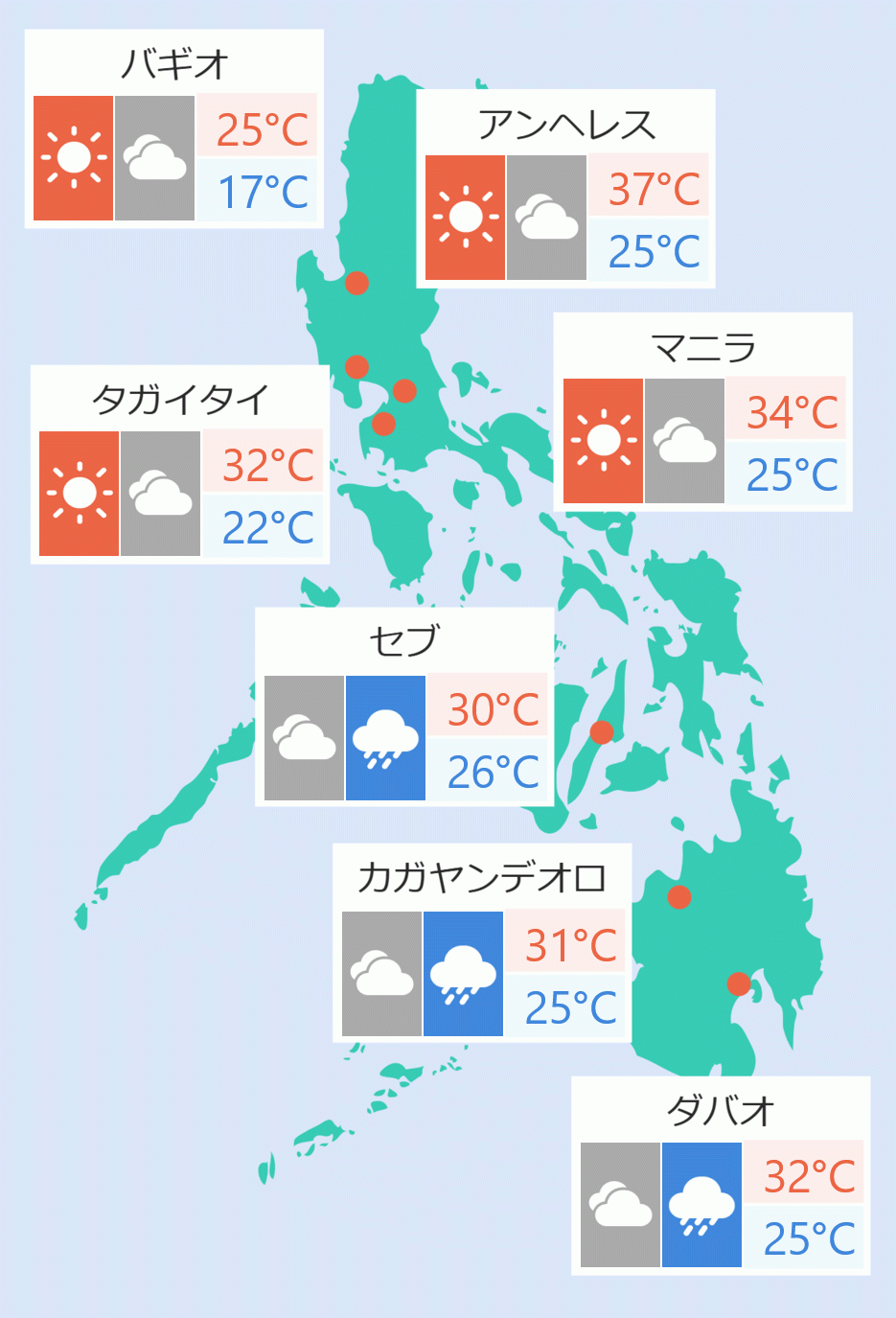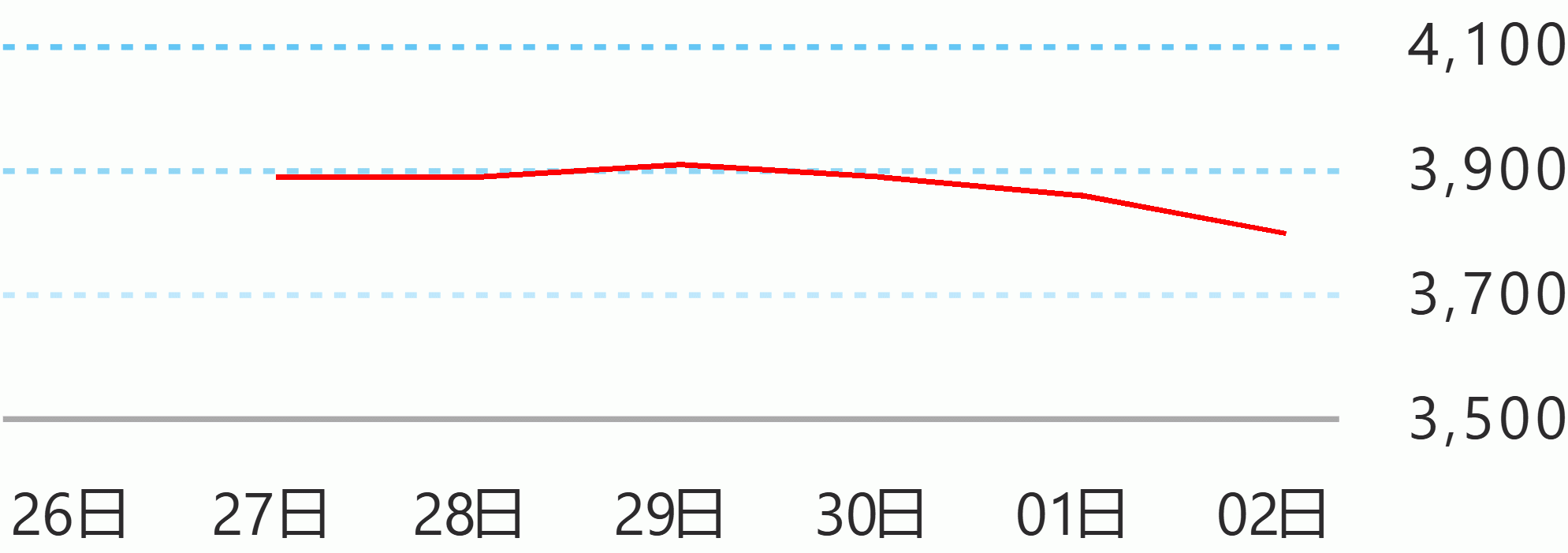The proposed Reciprocal Access Agreement (RAA) between Japan and the Philippines should only be “defensive” in nature, so as not to bring back the horrific image of the Asian ally as the military power it was during World War II, Senate Minority Leader Aquilino Pimentel III said Sunday.
In an interview with dzBB, Pimentel said that the RAA should be used as a platform where the two countries’ military could learn from each other, especially in handling maritime disputes.
“You know, in the military, Japan has baggage, right? Because of World War II. For as long as this is very clearly defensive and this is not a military pact…if this is just an exchange of military personnel so that we can learn from each other…because Japan has a maritime dispute with China in their own waters and Russia in the northern part of their country, we can exchange ideas,” Pimentel said.
President Ferdinand Marcos Jr and Japan Prime Minister Fumio Kishida announced last Friday that talks on a proposed RAA will begin. An RAA will lead to transfers of defense personnel between the two countries for training and disaster relief operations, plus easing curbs on shipment of weapons and supplies.
"We are cognizant of the benefits of having this arrangement, both to our defense and military personnel and to maintaining peace and stability in our region," Marcos added in a joint statement.
Pimentel posed several questions.
“How do they handle this? What lessons did they learn with those they have disputes with or their talks with the rest of the world? Were the pledges of help fulfilled? So, if that’s the purpose of the alliance with Japan, I see no problems with that,” he added.
Pimentel admitted that he had not yet read the RAA.
“The RAA has not yet been given to me. We need to be able to read the terms so we can decide if we agree with them or not. But let us limit it to that. We really do not want military pacts because we do not want to bring back the memory of Japan being militarily powerful. That’s the image that they carry,” he said.
Pimentel said that the RAA should be “reciprocal” by allowing Filipino troops to also visit Japan for military exercises.
“I am disappointed because their view is that only Japanese military forces are coming here. It should be reciprocal. We should also send troops there. We are not talking about that. The other countries just want to station their bases here. That should not be the case. And we haven’t even seen the agreement yet but they already approved it,” he said.
Pimentel also expressed fears of the Philippines being used as a “pawn” in other countries’ conflicts.
“The point is for us to learn from each other, not to make the Philippines a battleground. We do not agree with that. We saw what happened in the Gaza Strip…Let’s not think like pawns and allow bombings to happen here when there are conflicts. Because if this is a genuine honest-to-goodness, serious, military nature agreement, then they should also allow us to do the same. The Philippine people must also go to Japan to learn, to exercise, to do some maneuvers,” Pimentel said.
He also said that it should reach a point where Japan would have its own military bases in the country because “we are attracting return fire”, explaining that the Philippines has many mechanisms to back up its territorial claim in the West Philippine Sea such as the 2016 arbitral ruling and the United Nations Convention on the Law of the Sea (UNCLOS).
Meanwhile, Pimentel said he was not disappointed by Kishida’s speech at the special joint session of Congress.
“The message of Prime Minister Kishida in the Congress yesterday was good and well-balanced. He wants us to deepen our friendship with Japan. Japan wants to have a heart-to-heart relationship with the Philippines,” he said.
Pimentel emphasized the Japanese were trustworthy as allies.
“Generally speaking, the Japanese are easy to trust and can be trusted. When you’re dealing with the Japanese government, when they promise something, they will really do it or at least they will do their best to do it,” Pimentel said. Jaspearl Tan/DMS





 English
English










